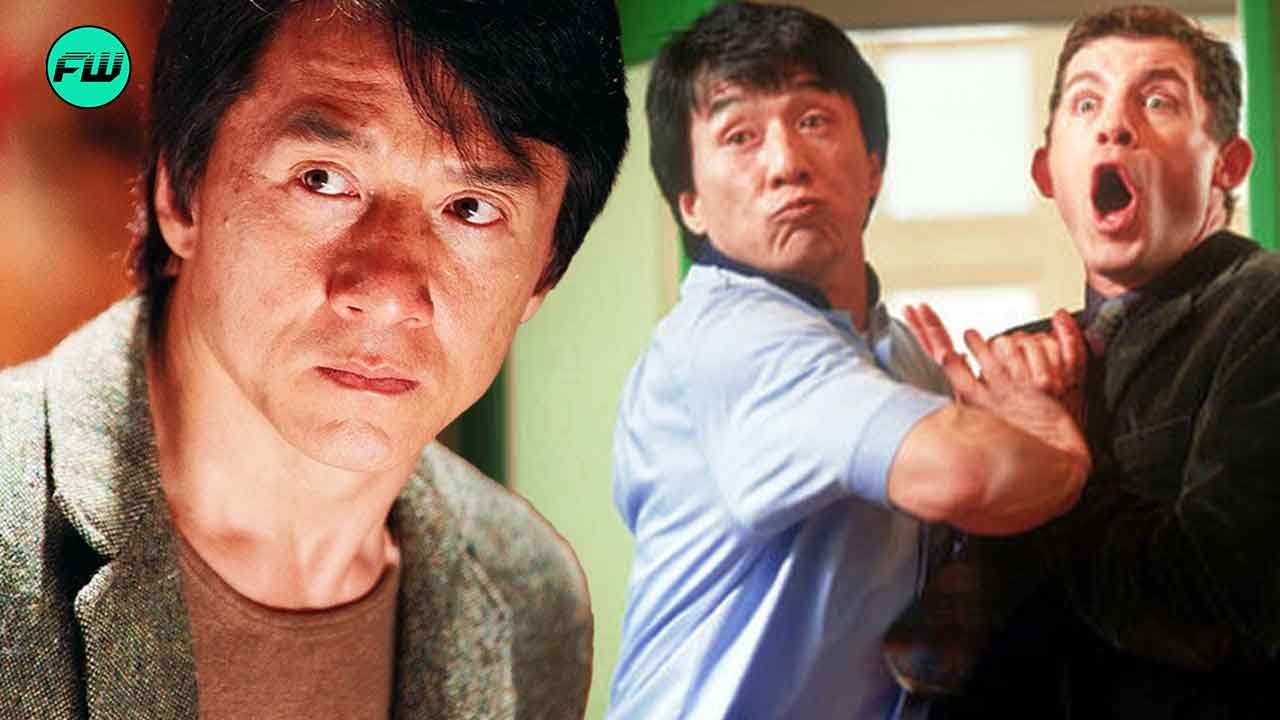The Medallion: Jackie Chan’s Blend of Action, Fantasy, and Comedy
Released in 2003, The Medallion is an action-comedy film directed by Gordon Chan that showcases Jackie Chan in one of his more fantastical roles. Unlike his traditional martial arts features grounded in realism, this movie mixes Chan’s signature stunts with elements of fantasy, supernatural powers, and lighthearted humor. While it didn’t achieve the same level of critical or commercial success as some of Chan’s earlier Hollywood crossovers, The Medallion remains notable for its ambitious attempt to merge Eastern mythology with Western cinematic style.
The story centers on Eddie Yang, played by Jackie Chan, a Hong Kong police inspector who becomes entangled in a dangerous mission involving a mysterious artifact known as the Medallion. This ancient object possesses extraordinary powers, granting immortality and superhuman strength to those it touches. When a young boy, Jai, is kidnapped by a ruthless villain named Snakehead (Julian Sands), Eddie must risk everything to rescue him and protect the Medallion from falling into the wrong hands. During the course of the mission, Eddie himself is fatally injured, but the power of the Medallion revives him, transforming him into a being with heightened abilities.

The film brings together a diverse international cast, including Lee Evans as Watson, a bumbling Interpol agent whose comedic chemistry with Chan adds lighthearted relief, and Claire Forlani as Nicole James, Eddie’s former partner and love interest. Their dynamic weaves humor, romance, and tension into the otherwise high-energy plot. Julian Sands delivers a menacing performance as Snakehead, embodying the archetypal villain hungry for eternal power.
Visually, The Medallion distinguishes itself with a mixture of traditional martial arts choreography and computer-generated effects. Jackie Chan’s fight sequences retain his trademark blend of athleticism and inventiveness, yet the addition of supernatural abilities—such as super speed, enhanced strength, and gravity-defying stunts—introduces a comic-book quality to the action. While some fans of Chan’s classic work found the heavy reliance on CGI to be a departure from his authentic stunt-driven style, others appreciated the experiment of merging fantasy with kung fu spectacle.
Tonally, the film strikes a balance between action and comedy, a formula that had brought Chan international fame in earlier hits like Rush Hour and Shanghai Noon. However, The Medallion leaned more heavily into slapstick humor and fantastical storytelling, which led to mixed reactions from audiences. Critics noted that while the film was entertaining and visually vibrant, it lacked the tight narrative and grounded thrills of Chan’s best-known projects. Despite this, the movie has carved out a niche as a light, family-friendly action adventure that doesn’t take itself too seriously.

Beyond its critical reception, The Medallion is significant as part of Jackie Chan’s transitional period in the early 2000s. By then, Chan was an established international star, experimenting with new genres and expanding his audience beyond traditional martial arts films. Though not a box office juggernaut, the movie exemplifies his willingness to push boundaries and adapt his style to fit broader cinematic trends.
In retrospect, The Medallion stands as a quirky, imaginative entry in Jackie Chan’s filmography. While it may not rank among his greatest achievements, it highlights his enduring charisma, physical artistry, and ability to elevate even the most unconventional material. For fans of Chan, the film offers a fascinating glimpse into his versatility and his constant drive to entertain across cultural and genre boundaries.

